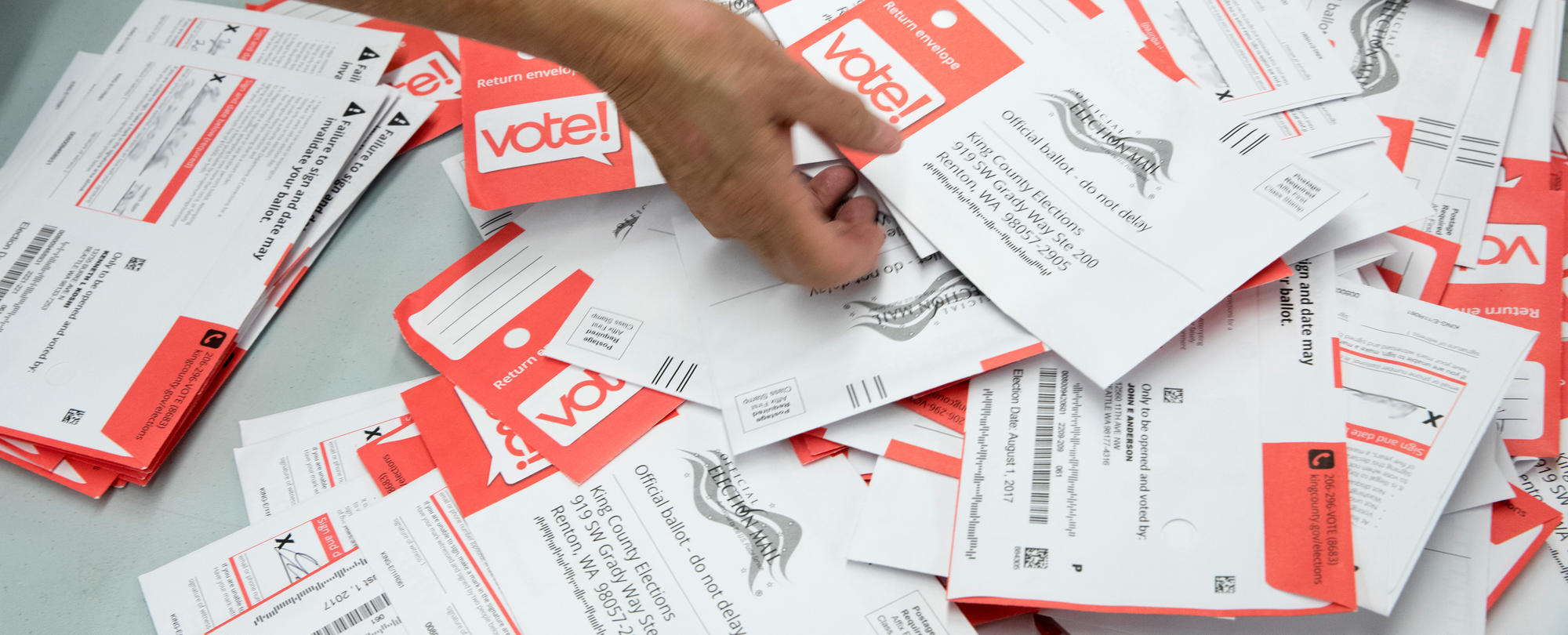Since 2007, when voters passed Initiative 960, advisory votes go before the people during most November elections. In these votes, you are advising the Legislature if you do or do not favor a tax increase passed by lawmakers during that year’s session. Choosing “repeal” on the ballot means you don’t favor the tax increase and “maintain” means you agree with the tax increase. Advisory votes are non-binding and the results will not change the law.
Advisory Vote No. 39
This advisory vote relates to Engrossed Substitute Senate Bill 5974. The bill increased the tax on aircraft fuel from 11 cents to 18 cents per gallon. It is estimated the tax increase will bring an extra $14 million into the state in its first 10 years.
Advisory Vote No. 40
This advisory vote relates to Engrossed Substitute House Bill 2076. The bill requires companies like Lyft and Uber, which the Legislature calls “transportation network companies,” to provide workers compensation to their drivers by paying premiums into the workers compensation system. The bill does more than add these workers to the workers compensation system but advisory votes only refer to changes in law that are effectively tax increases, like requiring companies to pay a premium for workers compensation insurance.
Advisory Vote No. 39
This advisory vote relates to Engrossed Substitute Senate Bill 5974. The bill increased the tax on aircraft fuel from 11 cents to 18 cents per gallon. It is estimated the tax increase will bring an extra $14 million into the state in its first 10 years.
Advisory Vote No. 40
This advisory vote relates to Engrossed Substitute House Bill 2076. The bill requires companies like Lyft and Uber, which the Legislature calls “transportation network companies,” to provide workers compensation to their drivers by paying premiums into the workers compensation system. The bill does more than add these workers to the workers compensation system but advisory votes only refer to changes in law that are effectively tax increases, like requiring companies to pay a premium for workers compensation insurance.

